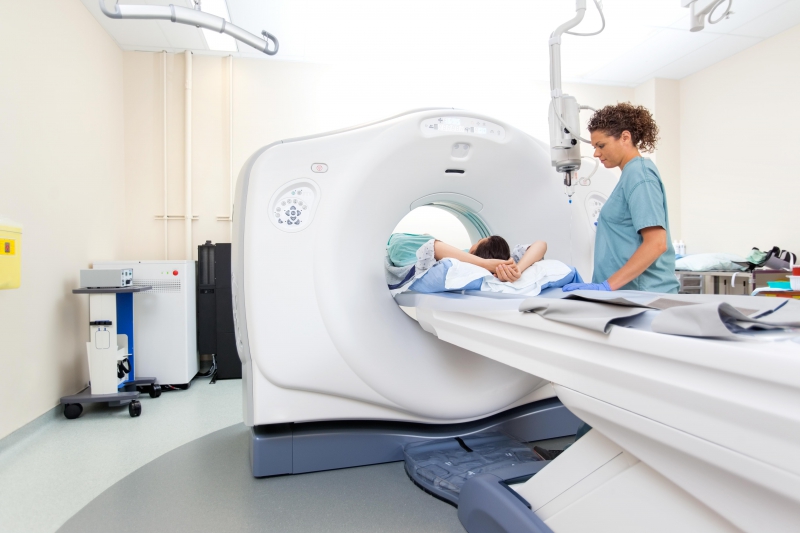An international research consortium, which includes the International Research Center for Nanophotonics and Metamaterials, joined the top 25 centers that won the Horizon 2020 grant.

St. Petersburg researchers in alliance with Fresnel institute in Marseille, the NeuroSpin center, Center for Magnetic Resonance in Biology and Medicine (CRMBM), the Research Center at Utrecht University, Aalto University and other partners, are going to work on development of MRI. During four years they plan to create ready-to-use equipment based on this new principle that will be more effective and fast.
Stanislav Glybovski, the researcher at the International Research Center for Nanophotonics and Metamaterials, talked about the details of the consortium’s activities.
MRI: cheaper, safer and more effective
The main aim of the researchers is to create a an MRI scanner of the new generation by 2020, which will have new imaging characteristics and will take less time for scanning.
Currently it is possible to provide scanning of a human body with increased resolution by using ultra-high-field scanners whose magnetic field strength starts from 7 Tesla. As of now, only several centers from all over the world have such MRI scanners. They are used for research purposes as opposed to medical ones due to the rules against using them at hospitals and health care centers in Russia and Europe. These scanners can overheat a human body, which consumes electromagnetic radiation. Apart from that, the images made by these devices, are not homogenous as those made by clinical scanners with 1.5 Tesla.

Furthermore, ultra-high-field scanners are expensive: the process of superconducting magnet cooling requires reducing helium temperature up to the cryogenic rate. These procedures are too difficult for any medical staff.
According to evaluations of the consortium and the International Center for Nanophotonics and Metamaterials, these problems can be solved by application of metamaterials.
Full text read on ITMO.NEWS via the link: http://news.ifmo.ru/ru/science/new_materials/news/6249/
Polina Poleschuk
Journalist
Anna Evdokimova-Glinskaia
Translator
